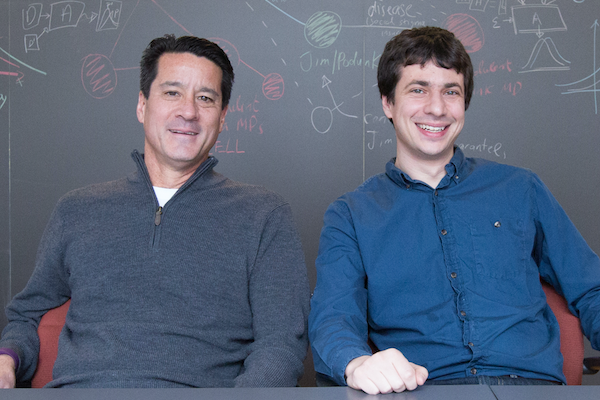Harvard has taken steps to express its repugnance to single-gender social organizations. It is motivated primarily by repugnance to male-only groups, and seeks to recognize that some women-only groups were formed in response to discrimination. Here is their new policy, which is short of a ban on students who participate in such groups, but which imposes sanctions on such students. (The organizations themselves are typically privately owned and outside of Harvard's control).
Unrecognized Single-Gender Social Organization (USGSO) Policy
"Policy: Students matriculating in the fall of 2017 and thereafter who become members of Unrecognized Single-Gender Social Organizations (USGSO) will not be eligible to hold leadership positions in recognized student organizations or on athletic teams. In addition, such students will not be eligible for fellowships administered by the Office of Undergraduate Research and Fellowships. This policy does not apply to students who matriculated prior to fall 2017.
...
"Women’s Organizations: We are committed to treating all organizations that are moving towards gender-inclusivity fairly and to offering them Harvard College resources and assistance regardless of gender. As Dean Khurana noted in an open letter in May 2016, Harvard has a long and complex history of grappling with gender discrimination. The College is deeply committed to gender equity, inclusion, and non-discrimination and to advance women's full participation in Harvard's academic and extracurricular life. To that end, we welcome all organizations, and especially those whose membership is currently restricted to women, to partner with us. We are excited to announce that Heidi Wickersham, Program Manager at the Harvard College Women’s Center, and staff members in the Office of Student Life will jointly partner with groups wishing to transition from having a women’s exclusive membership while maintaining a women’s-focused mission."
Unrecognized Single-Gender Social Organization (USGSO) Policy
"Policy: Students matriculating in the fall of 2017 and thereafter who become members of Unrecognized Single-Gender Social Organizations (USGSO) will not be eligible to hold leadership positions in recognized student organizations or on athletic teams. In addition, such students will not be eligible for fellowships administered by the Office of Undergraduate Research and Fellowships. This policy does not apply to students who matriculated prior to fall 2017.
...
"Women’s Organizations: We are committed to treating all organizations that are moving towards gender-inclusivity fairly and to offering them Harvard College resources and assistance regardless of gender. As Dean Khurana noted in an open letter in May 2016, Harvard has a long and complex history of grappling with gender discrimination. The College is deeply committed to gender equity, inclusion, and non-discrimination and to advance women's full participation in Harvard's academic and extracurricular life. To that end, we welcome all organizations, and especially those whose membership is currently restricted to women, to partner with us. We are excited to announce that Heidi Wickersham, Program Manager at the Harvard College Women’s Center, and staff members in the Office of Student Life will jointly partner with groups wishing to transition from having a women’s exclusive membership while maintaining a women’s-focused mission."





